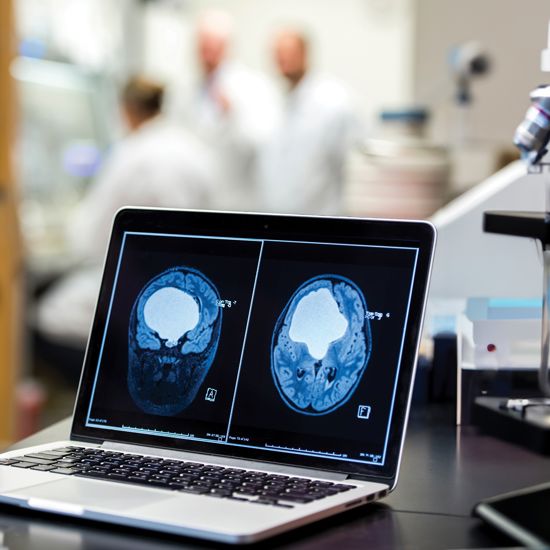- Doctors & Departments
-
Conditions & Advice
- Overview
- Conditions and Symptoms
- Symptom Checker
- Parent Resources
- The Connection Journey
- Calm A Crying Baby
- Sports Articles
- Dosage Tables
- Baby Guide
-
Your Visit
- Overview
- Prepare for Your Visit
- Your Overnight Stay
- Send a Cheer Card
- Family and Patient Resources
- Patient Cost Estimate
- Insurance and Financial Resources
- Online Bill Pay
- Medical Records
- Policies and Procedures
- We Ask Because We Care
Click to find the locations nearest youFind locations by region
See all locations -
Community
- Overview
- Addressing the Youth Mental Health Crisis
- Calendar of Events
- Child Health Advocacy
- Community Health
- Community Partners
- Corporate Relations
- Global Health
- Patient Advocacy
- Patient Stories
- Pediatric Affiliations
- Support Children’s Colorado
- Specialty Outreach Clinics
Your Support Matters
Upcoming Events
Colorado Hospitals Substance Exposed Newborn Quality Improvement Collaborative CHoSEN Conference (Hybrid)
Monday, April 29, 2024The CHoSEN Collaborative is an effort to increase consistency in...
-
Research & Innovation
- Overview
- Pediatric Clinical Trials
- Q: Pediatric Health Advances
- Discoveries and Milestones
- Training and Internships
- Academic Affiliation
- Investigator Resources
- Funding Opportunities
- Center For Innovation
- Support Our Research
- Research Areas

It starts with a Q:
For the latest cutting-edge research, innovative collaborations and remarkable discoveries in child health, read stories from across all our areas of study in Q: Advances and Answers in Pediatric Health.


Neurology and Neurosurgery Research at the Neuroscience Institute
We are dedicated to discovering the best ways to diagnose, treat and cure children with neurological disorders. Our doctors and scientists are internationally recognized leaders in their research fields. Their broad range of specialties include epilepsy, neurogenetics, neuromuscular disease/muscle disorders, neuro-oncology, craniopharyngioma, pediatric and neonatal stroke, hydrocephalus and spina bifida.
Neurology and neurosurgery advancements
Our neurology and neurosurgery specialists have 100+ research studies, one-third of which are industry sponsored clinical trials. Our faculty have also been awarded grant funding by the National Institutes of Health (NIH), Pediatric Epilepsy Research Foundation, the Patient-Centered Outcomes Research Institute (PCORI), among others.
FDA approves first drug for one person
9-year-old Mila had perplexing symptoms. Her parents took her to over 100 doctors across the U.S. before they arrived at Children's Colorado. Genetics specialist Austin Larson, MD, uncovered one of two rare mutations in Mila and diagnosed her with a type of Batten disease only 25 people in the world are known to have.
The location of Mila's second mutation was a mystery until Timothy Yu, MD, PhD, an attending physician and researcher at Boston Children's Hospital, found it hiding in noncoding DNA. With that, he developed a drug solely for Mila to fix her fragmented sequence. It's the first time the FDA has approved a drug for just one person — remarkable progress for precision medicine.
"The drug acts as a molecular patch, allowing the gene to be spliced back together in the proper way," Dr. Yu tells WBUR, Boston's public radio station.
Mila's treatments were initially in Boston, but a growing collaboration between Dr. Yu and Children's Colorado genetic epilepsy specialist Scott Demarest, MD, is now allowing Mila to receive this incredible treatment closer to home.
"The fact that Milasen is even possible tells us we have something to aim for and that there's a route we can take to make it accessible to more people," says Dr. Demarest. Using a new machine called Novaseq, Children's Colorado plans to commence its whole-genome sequencing program later this year.
Other significant advancements
- Kelly Knupp, MD, co-authored a study in JAMA Pediatrics on the comparative effectiveness of two drugs in the management of infantile epilepsy. The study found a possible benefit to changing traditional drug therapy strategies. These findings are leading to clinical trials and further investigation into medications used in this population.
- Julie Parsons, MD, participates in several clinical trials that continue to explore new types of life-saving treatments for spinal muscular atrophy. She is also part of a multicenter, longitudinal study to define the natural history of infantile spinal muscular atrophy to aid in future clinical trials and investigations into the management and treatment of the condition.

It all starts with a Q:
For the latest cutting-edge research and innovative collaborations in pediatric neurology and neurosurgery, read more in Q: Advances and Answers in Pediatric Health.

"We're the only consortium in North America doing work like this."Todd Hankinson, MD
What our neurology and neurosurgery research means for kids
Our team is committed to improving the lives of children with neurologic conditions and their families. That's why we're researching both common and rare neurological disorders and partnering with leading organizations throughout the world to improve our understanding and treatment of these disorders.
Our partnerships and consortiums include:
- Network for Excellence in Neuroscience Clinical Trials
- National Care Center for Duchenne Muscular Dystrophy
- Advancing Treatment for Pediatric Craniopharyngioma (ATPC) Consortium
- International CDKL5 Foundation Center of Excellence
- Hydrocephalus Clinical Research Network
- Level 4 National Association of Epilepsy Centers (NAEC)
- NeuroNEXT
Learn more about the Neuroscience Institute.



 720-777-0123
720-777-0123






